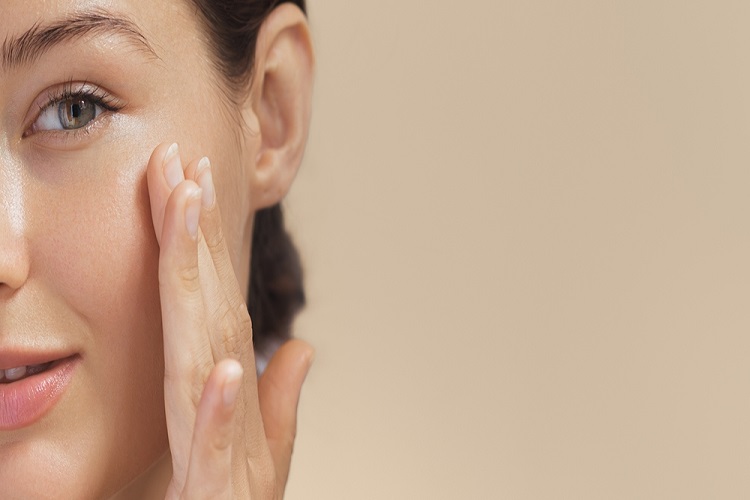Let’s start by saying that genetic hair loss can be powerful but it can be treated, especially if you seek help at an early stage.
Genetic hair loss is probably the most common form of hair loss across the globe so know that you’re not alone if you are experiencing it. This doesn’t change the fact that it can be quite distressing to discover that you’re losing your hair though.
Table of Contents
Male and Female Pattern Baldness: Do Genes Cause It?
Male and female pattern hair loss is always genetic in nature, with your genes being responsible for everything from hair orientation and thickness to whether it’s curly or straight.
The older you get, the more likely it is that genetics will start affecting your hair. There are a number of different genes that cause this type of hair loss and it’s very common for a hormonal mechanism that involves dihydrotestosterone to be activated.
Dihydrotestosterone is the male sex hormone that’s responsible for the development of body hair. However, if it bonds to the hair follicles, it can cause them to shrink.
Where Do These Genes Stem From?
Sydney hair transplant specialist, Man Cave Sydney, deals with a lot of genetic hair loss cases and while many patients tend to believe that they get these genes from their father, they actually come from the mother’s side.
What this means is that if the men on your mother’s side of the family experienced hair loss, there’s a good chance you will too. However, there is still a chance that you might go bald if your father suffered from hair loss too.
With this being said, it should be noted that there isn’t a specific “bald” gene – it’s actually a combination of over 100 genes so you can see why it would be so easy for it to be passed down.
What Else Causes Hair Loss?
Genes are definitely not the only cause of hair loss though – here are a few other culprits:
Stress. Stress affects your sleeping and eating habits as well as your immune system, which is why men and women who are experiencing high levels of stress also tend to lose their hair.
Diet. If your body isn’t receiving enough of the right minerals and nutrients, it can affect your hair’s growth cycle.
Medication. Certain medications such as anti-depressants are known to cause hair loss in men and women.
Hormones. Hormonal imbalances are another reason why you could start losing your hair, with life events such as pregnancy and menopause being common triggers.
Illness. Any serious illnesses can also lead to hair loss, with Alopecia being one of them.
Treating Genetic Hair Loss
While it can be more difficult to treat genetic hair loss, it is certainly possible. Here are a few of the treatment options:
FUT/FUE Hair Transplantation. If you have enough healthy donor hair, a hair transplant can help reverse genetic hair loss.
PRP Therapy. Also known as platelet-rich plasma therapy, PRP uses the plasma from your blood to encourage natural hair growth.
Laser Therapy. Laser therapy is another option for treating genetic hair loss as it encourages regrowth from underneath the skin.










Comments